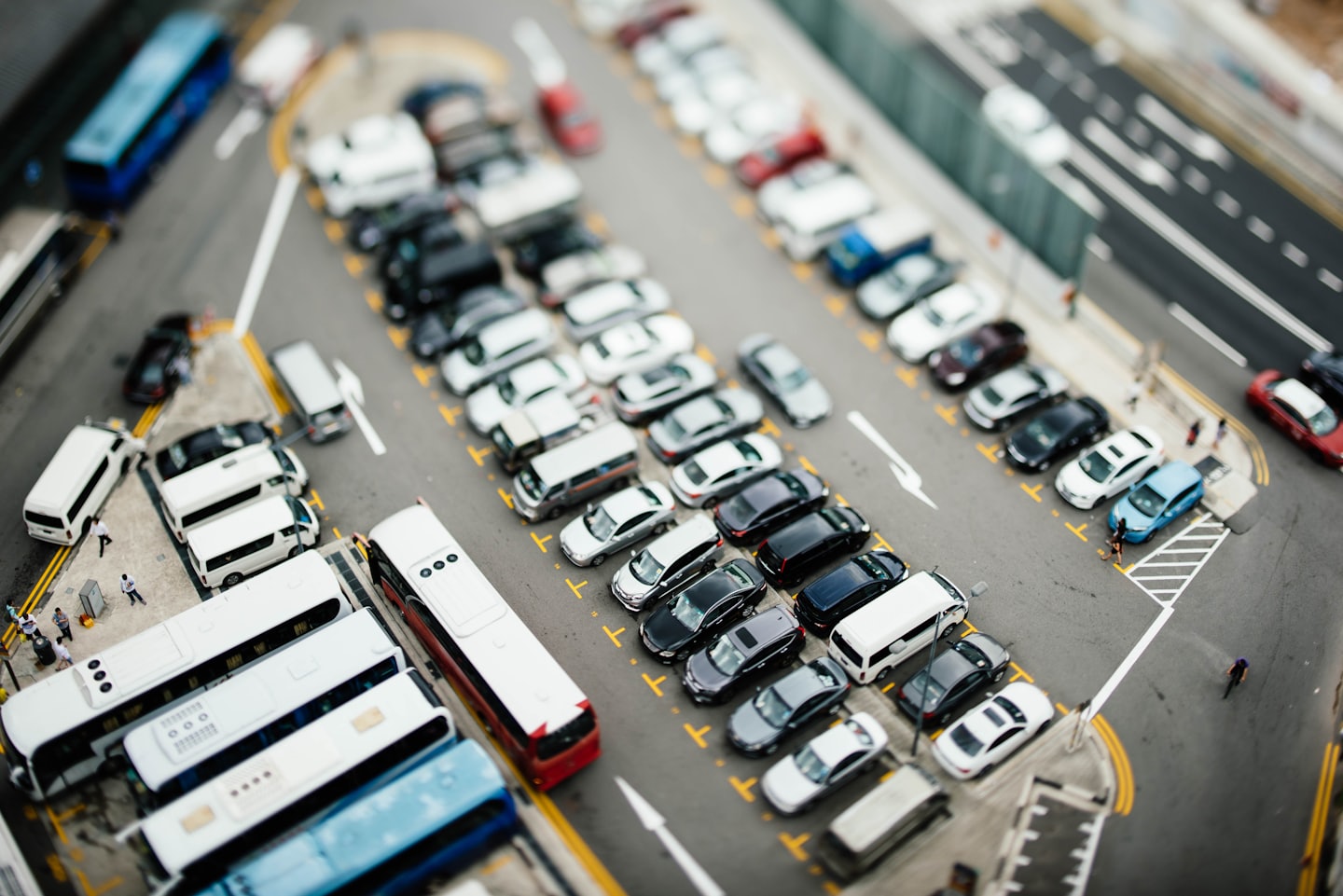Rising fuel prices can take a big bite out of your budget. The Ultimate Guide to Saving on Fuel Costs shows you practical steps to reduce consumption, lower spending, and make each journey more efficient. By understanding how driving habits, vehicle maintenance, fuel choices, and planning come together you can save hundreds of pounds a year and reduce your impact on the environment.


Understand Your Vehicle’s Fuel Economy
Every car has its own fuel economy rating expressed in miles per gallon or litres per 100 kilometres. Check your owner manual or manufacturer website for the official figures. Keep in mind real world driving often differs from test results. Factors such as cargo weight, tyre condition, and driving style all play a part. By knowing your baseline you can measure improvements as you implement fuel saving strategies.
Adopt Smooth Driving Habits
Aggressive driving accelerates fuel consumption. Rapid acceleration and sudden braking force your engine to work harder. Instead aim for smooth acceleration up to cruising speed. Anticipate changes in traffic to avoid slamming on the brakes. Use gentle pressure on the accelerator and maintain a steady speed whenever possible to maximise miles per gallon.
Use Cruise Control on Open Roads
On motorways and dual carriageways cruise control helps maintain a constant speed. This avoids minor speed fluctuations that increase fuel use. Choose a speed slightly below the limit to stay safe and efficient. Remember to switch off cruise control in wet or icy conditions where you need full control of braking and acceleration.
Reduce Idling and Avoid Unnecessary Stops
Idling burns fuel without moving you forward. If you expect to be stationary for more than thirty seconds turn off the engine. Modern engines restart quickly and safely. At drive throughs, loading bays, or long traffic lights consider cutting the engine to save fuel. Over time these small savings add up significantly.
Plan Routes and Combine Trips
Route planning reduces time spent in traffic and avoids congested areas. Use navigation apps that suggest the fastest or most fuel efficient routes. Combine errands into one trip instead of making multiple journeys from home. A single trip covering several stops while the engine is already warm consumes less fuel than returning home between each errand.
Keep Your Vehicle Well Maintained
A well tuned engine uses fuel more efficiently. Follow your service schedule for oil changes, air filter replacements, and spark plug inspections. Check tyre pressure at least once a month. Under inflated tyres increase rolling resistance and fuel use. Replace worn spark plugs and clean fuel injectors to ensure complete combustion and smooth running.
Choose the Right Fuel Grade and Quality
Always use the fuel grade recommended by your vehicle manufacturer. Lower octane fuel can cause engine knocking while higher grades may not offer additional benefits. Fill up at reputable stations with high turnover to ensure fresher fuel that resists contamination and moisture buildup.
Remove Excess Weight and Drag
Extra weight means more work for your engine. Clear out heavy items you do not need for daily driving. Remove roof racks and carriers when not in use to reduce air resistance. Even a small reduction in weight or drag can improve fuel economy, especially at higher speeds on motorways.
Use Technology to Find Cheap Fuel
Fuel price comparison apps show the cheapest petrol and diesel stations near you. Some apps allow you to filter by fuel type and payment methods. Setting up alerts for price drops helps you fill up when rates are lowest. Pair this with rewards schemes and you will pay even less per litre.
Consider Car Sharing and Public Transport
When fuel prices spike, car sharing or public transport can save you money and reduce wear on your vehicle. Sharing journeys with colleagues or neighbours splits the fuel cost. For short trips, walking or cycling saves even more and boosts your health. By choosing alternatives some days, you cut down total miles driven and total fuel spent.
Evaluate Long Term Vehicle Choices
If you plan to keep your car for many years, think about fuel efficiency when you next buy. Hybrid and electric vehicles have lower running costs and sometimes benefit from tax incentives. Even choosing a smaller, lighter petrol or diesel model can save substantial amounts over the life of the car compared to larger engines.
Track Your Progress and Adjust
Keep a log of your fuel fills, miles driven, and cost per litre. Review it monthly to track trends in consumption and spending. If you notice a sudden increase in fuel use, investigate possible causes like tyre pressure, engine issues, or changes in driving routes. Regular monitoring helps you stay on target with your fuel budget.
Conclusion
Saving on fuel costs takes a combination of mindful driving, proper vehicle care, smart planning, and occasional lifestyle adjustments. By following this guide you will see immediate benefits at the pump and over time enjoy hundreds of pounds in savings. Start today by adopting one or two of these tips and watch your fuel expenses fall.

